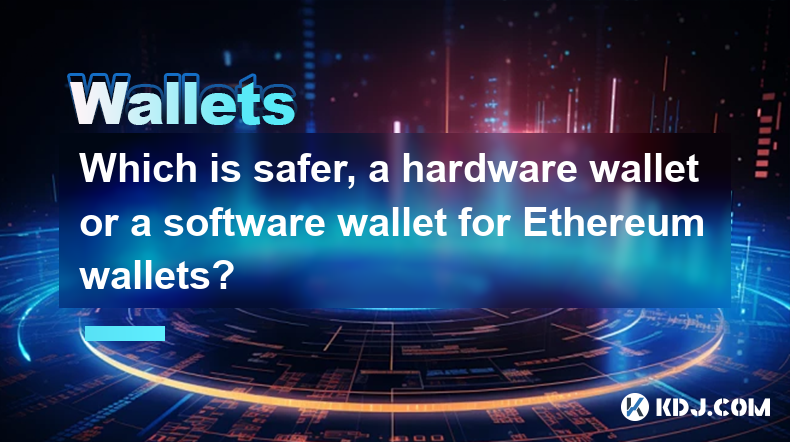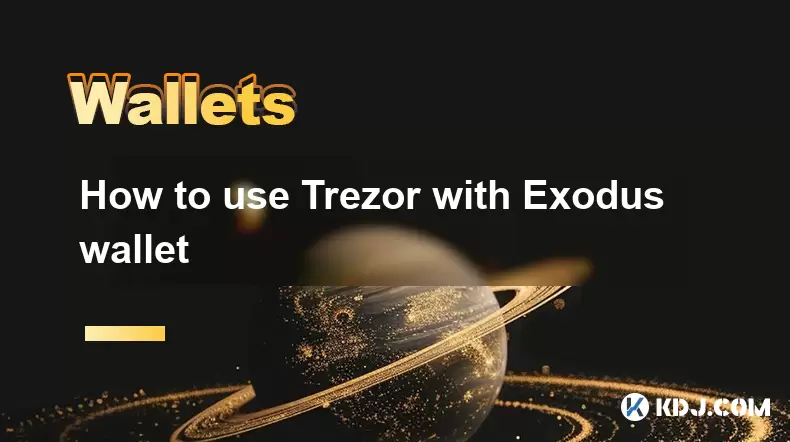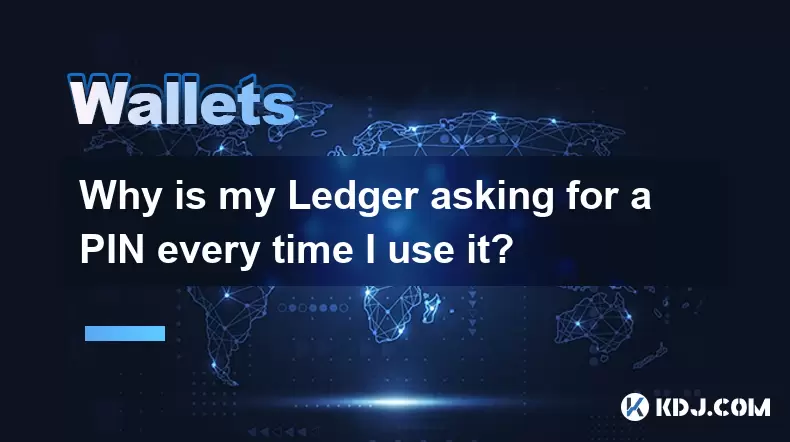-
 Bitcoin
Bitcoin $108,338.0981
-0.13% -
 Ethereum
Ethereum $2,566.4077
1.16% -
 Tether USDt
Tether USDt $1.0001
-0.01% -
 XRP
XRP $2.2841
-2.59% -
 BNB
BNB $658.5241
-0.17% -
 Solana
Solana $150.3819
-1.08% -
 USDC
USDC $0.9999
-0.01% -
 TRON
TRON $0.2864
-0.24% -
 Dogecoin
Dogecoin $0.1694
0.24% -
 Cardano
Cardano $0.5813
-0.72% -
 Hyperliquid
Hyperliquid $37.8292
-4.60% -
 Bitcoin Cash
Bitcoin Cash $503.3593
1.69% -
 Sui
Sui $2.8784
-0.69% -
 Chainlink
Chainlink $13.4784
-0.43% -
 UNUS SED LEO
UNUS SED LEO $9.0793
-0.27% -
 Stellar
Stellar $0.2537
-0.41% -
 Avalanche
Avalanche $18.0047
-0.23% -
 Shiba Inu
Shiba Inu $0.0...01181
1.56% -
 Hedera
Hedera $0.1608
0.49% -
 Toncoin
Toncoin $2.7568
-0.93% -
 Litecoin
Litecoin $86.4121
-0.20% -
 Monero
Monero $313.7273
-0.86% -
 Polkadot
Polkadot $3.3715
-0.66% -
 Dai
Dai $1.0001
0.01% -
 Ethena USDe
Ethena USDe $1.0004
0.03% -
 Bitget Token
Bitget Token $4.2902
-0.54% -
 Uniswap
Uniswap $7.5361
2.73% -
 Aave
Aave $285.6090
-0.55% -
 Pepe
Pepe $0.0...09958
0.28% -
 Pi
Pi $0.4560
-0.65%
Which is safer, a hardware wallet or a software wallet for Ethereum wallets?
2025/03/25 04:35

Key Points:
- Hardware wallets offer significantly greater security than software wallets due to their offline nature.
- Software wallets are more convenient but expose your private keys to potential vulnerabilities.
- The choice between a hardware and software wallet depends on your risk tolerance and technical expertise.
- Both hardware and software wallets have their own security protocols, but hardware wallets are generally considered the gold standard for security.
- Understanding the risks associated with each type of wallet is crucial before choosing one for your Ethereum holdings.
Which is safer, a hardware wallet or a software wallet for Ethereum wallets?
The question of hardware versus software wallets for Ethereum is a crucial one for anyone holding significant amounts of ETH. Both offer ways to store your private keys, which are essential for accessing your cryptocurrency, but they differ dramatically in their security approach. The core difference lies in where your private keys are stored and how they interact with the outside world.
Hardware wallets, like Ledger and Trezor, are physical devices that store your private keys offline. This offline storage is the key to their superior security. Because your keys never leave the device, they are immune to most common forms of hacking, such as malware, phishing attacks, and remote access Trojans. The device itself is designed with robust security features to prevent unauthorized access.
Software wallets, on the other hand, store your private keys on your computer, smartphone, or other digital device. This makes them inherently more vulnerable. Malware, viruses, or a compromised operating system can expose your private keys, leading to the theft of your Ethereum. Even seemingly secure software wallets are susceptible to sophisticated hacking techniques.
The security difference stems from the fundamental principle of keeping your private keys away from potential threats. A hardware wallet achieves this by isolating the keys entirely from the internet and other connected devices. A software wallet, by its very nature, requires interaction with a network, inherently increasing the risk of exposure.
Consider the scenario of a phishing attack. A hardware wallet requires physical access to the device and its PIN code to authorize transactions. A software wallet, however, can be compromised through a malicious link or a deceptive email, potentially leading to the immediate transfer of your funds.
The level of security also depends on the specific wallet. Not all hardware wallets are created equal, and neither are software wallets. Some hardware wallets have better security features than others. Similarly, some software wallets employ robust encryption and security protocols, but these are still less secure than the inherent isolation provided by a hardware wallet.
The convenience factor is where software wallets often win. They are typically easier to set up and use, often integrating seamlessly with various cryptocurrency exchanges and platforms. This ease of use, however, comes at the cost of security. Hardware wallets, while more secure, require a bit more technical knowledge and patience to set up and use effectively.
Setting up a hardware wallet generally involves:
- Unboxing the device and connecting it to your computer.
- Downloading the manufacturer's software and following the on-screen instructions.
- Creating a PIN code and a recovery phrase (crucial for recovery in case of device loss or damage).
- Transferring your Ethereum from your exchange or another wallet to your new hardware wallet address.
Setting up a software wallet is usually simpler:
- Downloading the wallet software from a trusted source.
- Creating a new wallet or importing an existing one.
- Backing up your recovery phrase.
- Receiving your Ethereum to your new software wallet address.
Choosing between a hardware and software wallet involves weighing security against convenience. If you have a substantial amount of Ethereum, the enhanced security of a hardware wallet is generally recommended, despite the slightly steeper learning curve. For smaller amounts or users comfortable with the inherent risks, a reputable software wallet with strong security features might suffice.
Frequently Asked Questions:
Q: Can a hardware wallet be hacked? While highly resistant, hardware wallets are not entirely unhackable. Sophisticated attacks, physical theft, or exploiting vulnerabilities in the device's firmware are potential, albeit rare, scenarios. However, they are significantly more secure than software wallets.
Q: Are all software wallets equally insecure? No. Some software wallets employ advanced encryption and security measures, making them relatively safer than others. However, they are still inherently more vulnerable than hardware wallets due to their online nature.
Q: What if I lose my hardware wallet? This is why the recovery phrase is crucial. It allows you to restore access to your Ethereum on a new device, provided you have securely stored your recovery phrase.
Q: What if I lose my software wallet's recovery phrase? Without the recovery phrase, your Ethereum will be irretrievably lost. This highlights the importance of securely backing up your recovery phrase.
Q: Which hardware wallet is the best? There is no single "best" hardware wallet. Popular and reputable options include Ledger and Trezor, both offering strong security features. The choice often comes down to personal preference and specific features.
Q: Are there any free, secure software wallets? Free software wallets exist, but their security may be compromised. Paid options often offer superior security features and better support. Always research thoroughly before using any software wallet.
免責事項:info@kdj.com
提供される情報は取引に関するアドバイスではありません。 kdj.com は、この記事で提供される情報に基づいて行われた投資に対して一切の責任を負いません。暗号通貨は変動性が高いため、十分な調査を行った上で慎重に投資することを強くお勧めします。
このウェブサイトで使用されているコンテンツが著作権を侵害していると思われる場合は、直ちに当社 (info@kdj.com) までご連絡ください。速やかに削除させていただきます。
- 2025年に爆発するように設定された暗号:最大のリターンの可能性を明らかにする
- 2025-07-09 05:30:12
- 目に見えない女性がモノポリーでショーを盗む:あなたのトークンを主張してください!
- 2025-07-09 05:30:12
- ペペトvs.ペペvs.シブ:2025年のメモコインスローダウン
- 2025-07-09 05:50:12
- ドバイ、RWA、およびブロックチェーン:イノベーションの三連部
- 2025-07-09 05:55:12
- Cryptos、Ozak AI、および戻り:安定性の新しい時代?
- 2025-07-09 06:00:12
- 暗号価格の変動:視聴するクジラの購入と予測
- 2025-07-09 05:10:12
関連知識

TrezorをRabby Walletに接続する方法
2025-07-09 05:49:50
TrezorとRabby Walletとは何ですか? Trezorは、ユーザーが暗号通貨資産をオフラインで安全に保存できるようにするSatoshilabsによって開発されたハードウェアウォレットです。 Bitcoin、Ethereum、およびさまざまなERC-20トークンなど、幅広い暗号通貨をサポー...

Trezorパスフレーズを忘れた場合はどうなりますか
2025-07-09 03:15:08
Trezorパスフレーズの役割を理解するTrezorハードウェアウォレットを使用する場合、回復シードを超えてセキュリティの追加層としてパスフレーズを設定している可能性があります。デバイスに付属する12または24ワードの回復フレーズとは異なり、 Trezorパスフレーズは隠されたウォレット修飾子のよう...

ExodusウォレットでTrezorを使用する方法
2025-07-09 00:49:34
TrezorハードウェアウォレットをExodusソフトウェアウォレットに接続しますTrezorを使用してExodusウォレットを使用するには、ユーザーはExodusが提供するソフトウェアインターフェイスにハードウェアウォレットを接続する必要があります。この統合により、ユーザーフレンドリーなインターフ...

なぜ私の元帳が使用するたびにピンを求めているのですか?
2025-07-08 23:21:50
元帳デバイスのピンの目的を理解するピン(個人識別番号)は、すべての元帳ハードウェアウォレットに組み込まれた重要なセキュリティ機能です。その主な機能は、不正アクセスからデバイスを保護することです。最初に元帳をセットアップすると、暗号通貨保有の最初の防衛層として機能する一意のピンコードを作成するように求...

フレーズがある場合、元帳デバイスなしで暗号を回復できますか?
2025-07-09 01:36:01
暗号セキュリティにおける回復フレーズの役割を理解する回復フレーズがあり、元帳デバイスがない場合は、暗号通貨を回復できるかどうか疑問に思うかもしれません。短い答えはイエスです。回復フレーズがある場合は、元帳デバイスなしで暗号を回復できます。これは、シードフレーズとしても知られている回復フレーズが、財布...

1つの元帳に複数のピンコードを使用できますか?
2025-07-09 00:35:18
分散化された交換の基本を理解する(DEXS)分散型交換、またはDEXは、中央当局なしで動作する暗号通貨取引プラットフォームの一種です。従来の集中交換(CEXS)とは異なり、DEXはユーザーが交換自体に資金を預け入れる必要なく、ウォレットから直接取引することができます。この構造は、ユーザーが取引プロセ...

TrezorをRabby Walletに接続する方法
2025-07-09 05:49:50
TrezorとRabby Walletとは何ですか? Trezorは、ユーザーが暗号通貨資産をオフラインで安全に保存できるようにするSatoshilabsによって開発されたハードウェアウォレットです。 Bitcoin、Ethereum、およびさまざまなERC-20トークンなど、幅広い暗号通貨をサポー...

Trezorパスフレーズを忘れた場合はどうなりますか
2025-07-09 03:15:08
Trezorパスフレーズの役割を理解するTrezorハードウェアウォレットを使用する場合、回復シードを超えてセキュリティの追加層としてパスフレーズを設定している可能性があります。デバイスに付属する12または24ワードの回復フレーズとは異なり、 Trezorパスフレーズは隠されたウォレット修飾子のよう...

ExodusウォレットでTrezorを使用する方法
2025-07-09 00:49:34
TrezorハードウェアウォレットをExodusソフトウェアウォレットに接続しますTrezorを使用してExodusウォレットを使用するには、ユーザーはExodusが提供するソフトウェアインターフェイスにハードウェアウォレットを接続する必要があります。この統合により、ユーザーフレンドリーなインターフ...

なぜ私の元帳が使用するたびにピンを求めているのですか?
2025-07-08 23:21:50
元帳デバイスのピンの目的を理解するピン(個人識別番号)は、すべての元帳ハードウェアウォレットに組み込まれた重要なセキュリティ機能です。その主な機能は、不正アクセスからデバイスを保護することです。最初に元帳をセットアップすると、暗号通貨保有の最初の防衛層として機能する一意のピンコードを作成するように求...

フレーズがある場合、元帳デバイスなしで暗号を回復できますか?
2025-07-09 01:36:01
暗号セキュリティにおける回復フレーズの役割を理解する回復フレーズがあり、元帳デバイスがない場合は、暗号通貨を回復できるかどうか疑問に思うかもしれません。短い答えはイエスです。回復フレーズがある場合は、元帳デバイスなしで暗号を回復できます。これは、シードフレーズとしても知られている回復フレーズが、財布...

1つの元帳に複数のピンコードを使用できますか?
2025-07-09 00:35:18
分散化された交換の基本を理解する(DEXS)分散型交換、またはDEXは、中央当局なしで動作する暗号通貨取引プラットフォームの一種です。従来の集中交換(CEXS)とは異なり、DEXはユーザーが交換自体に資金を預け入れる必要なく、ウォレットから直接取引することができます。この構造は、ユーザーが取引プロセ...
すべての記事を見る

























































































